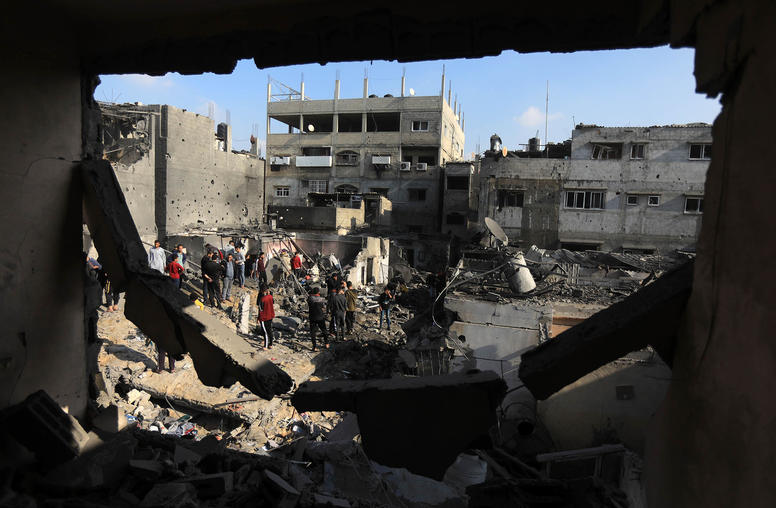Globalization and the Arab-Israeli Conflict: The Impact of Economic Forces in Israel on Conflict and Peacemaking
With Israel's Jewish population deeply divided along social and economic lines on how to resolve the Arab-Israeli conflict, Professor Uri Ram, author of the book Israeli Society: Critical Perspectives and extensive author of articles on Israeli society, politics and culture, will address these and other questions:
- Did Israel's integration into the new global economy—including its transformation from a state-centered to a market-centered society in the 1990s—serve as a major impetus for Israel's participation in the Oslo negotiation process?
- How have the effects of globalization since then differentially affected various segments and social classes within Israeli society and influenced people's views about dealing with Israel's Arab neighbors?
- Does support for Israel's political parties reflect divisions along social and economic class lines, and how do these factors affect policymaking on the conflict?
- What impact do Israeli economic trends set in motion by the intifada have on efforts to find a way out of the crisis?
Speakers
- Uri Ram
Department of Behavioral Sciences, Ben Gurion University, Israel
Visiting Scholar, New School University, New York - Judy Barsalou, Moderator
U.S. Institute of Peace



